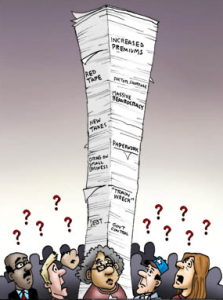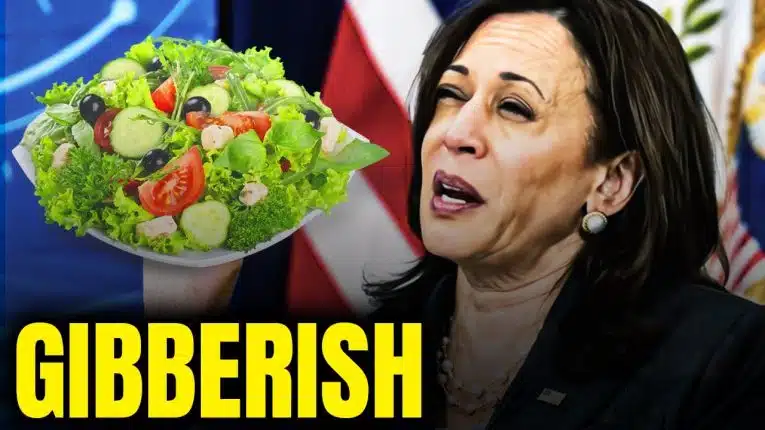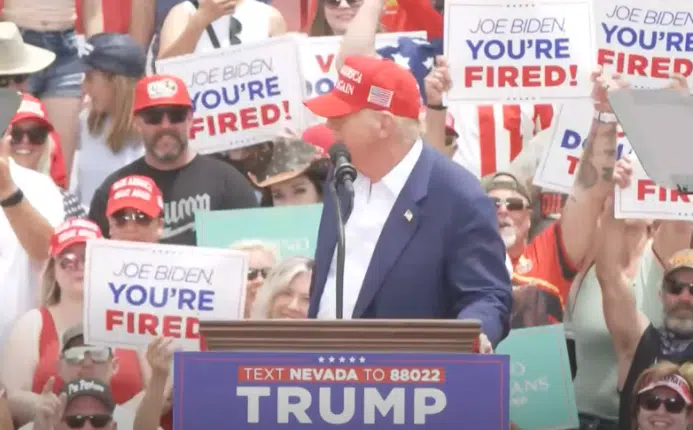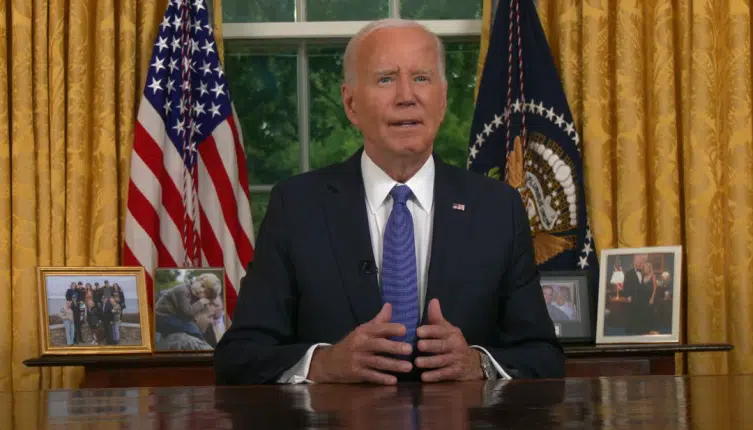
Gearing up for heavy Congressional losses in November and the possibility of a Republican administration in 2017, Barack Obama has kicked his regulatory agencies into high—well, higher—gear for his remaining time in office.
Obama, a chief executive who never possessed an aptitude for legislative influence nor maintaining public mandates for the policies of his party, knows that his options for advancing public policy are already limited and the squeeze will likely only increase, with plummeting approval numbers, American families struggling from the ramifications of his first-term policies, and young, able-bodied Americans out of work in record numbers. Imagining big November Republican victories that result in a majority in the Senate is not a difficult stretch, with Democrats only having to lose 6 of the 15 seats they are defending. However, once there, reversing the impacts of Obama’s administrative state will lie squarely on the shoulders of a Republican party in power.
Imagining big November Republican victories and majority in the Senate, which necessitates only capturing 6 of the 15 Democrat seats up for reelection, is not a difficult stretch. However, once there, reversing the impacts of Obama’s administrative state will lie squarely on the shoulders of a Republican party in power.
It didn’t take long for the President’s toxic agenda to cost him. His approval numbers are still sitting below 45 percent and big swaths of those whom have supported him in the past have voter’s remorse. Recent polls show that more than one in five Obama voters in the 2012 election wouldn’t vote for him again if given the chance.
Working Americans are still experiencing the afterglow of the Affordable Care Act’s stunning self destruction and sit in wait for how many more health insurance policies will be canceled, and exactly what the United States healthcare system will look like, when and after the employer mandate inevitably comes to full enforcement—assuming it’s not whimsically postponed indefinitely or otherwise changed by the President.
Unemployment remains troubling, despite “employment rate” numbers from the Bureau of Labor Statistics that are increasingly meaningless. Labor participation is at the lowest rate it’s been in 36 years, and not primarily because of baby boomer retirement. The President’s response? Raise the minimum wage—a stunt that the CBO estimates would gut another 500,000 jobs from the economy, likely hitting inexperienced entry-level participants the hardest.
If there’s to be an effort to make the back half of Obama’s lame duck term in the Oval Office anything but irrelevant, the President has few options but a Blitzkrieg offensive of his agenda on the United States by means of his one remaining sphere of power: the regulatory state.
White House spokesman Matt Lehrich said of the President’s second-term regulatory agenda, “He has directed his entire administration to move as quickly as possible in identifying and acting on steps they can take to make progress on behalf of the American people.” Hundreds of regulations are now piling onto the President’s latest Unified Agenda (the official summary of all impending federal regulatory actions) and Americans can only stand by and wait to pay the tab.
Over the course of Obama’s first term—before deciding that he was going to use his much-touted executive pen and phone powers—federal regulatory agencies laid regulations that increase regulatory costs on the American people of just under $70 billion. CAFE standards in cars will increase the cost of every new car by at least $2,000 – $2,800. Obama’s also ensured that high gas prices are apparently the new normal, as his only consolation to poor American families hurt the most by the prices is the mandated development of new, fuel efficient cars — that the poor can’t afford. Further, the coal industry is on the ropes and the federal government is winding up the finishing regulatory haymaker without regard to fuel prices for the American people.
With a second term, Obama’s EPA will finish regulations on existing coal plants, threatening the existence of the entire industry. Impending emissions standards for tractor trailer trucks will likely kill trucker jobs and undoubtedly drive up the cost of goods delivered by means of highway distribution, again without regard to poor families.
Now Obama knows he’s on his own, which may be an even more dangerous position for America. Obama knows he doesn’t have to impress anybody or win any electoral support. He has the keys to the regulatory kingdom and his base will be appeased, the poor, the worker, and business owner be damned.
Given a two-house majority, the Republican caucus has options to stop the President in his tracks and ensure a lame duck session.
To raise an option, upon assuming the majority, assign riders to every appropriations bill funding federal agencies that expressly inhibit the largest, most damaging of the Obama regulatory arsenal from putting the American people in their crosshairs; don’t allow a single EPA, IRS, SEC, or DOJ appropriation to leave the Senate Appropriations Committee without riders containing debilitating cuts to the agencies’ army of investigative and trial lawyers. Start by stopping the political targeting and “sue and settle” policies of Obama’s agencies.
But the most sweeping, grandiose solutions are only a band-aid without a Republican presidential victory in 2016. If achieved the legislative process to remove the most damaging major regulations it will be a tall order to begin an administration and a new Congress. It will require political capital, a strong public mandate, and a majority Republican caucus willing to fight against a Democrat party losing 8 years of regulations passionately supported by their base—perhaps it would be an opportune moment for Republicans to show Harry Reid and his caucus the ramifications of compromising the minority rights in the Senate.
Alternative options including utilizing the Congressional Review Act (CRA), a law mandating strict reporting standards for new regulations, have been suggested and could become a possibility. The CRA establishes a streamlined legislative process to have any regulation reviewed and revoked by a joint resolution and the President’s signature, but the catch is that Congress only has 60 legislative days to use CRA authority to take any action against regulations, so only the regulations forced at the very end of Obama’s term has any chance of CRA challenge. This is perhaps the very reason why the President has pressed the aforementioned sense of urgency on his executive agencies to finish regulations as quickly as possible.
Most of the Republicans’ regulatory battles, however, will have to be fought by regular legislative means which will require overt effort as well as creativity—for example, amending the Clean Air Act to implicitly exclude Carbon as a dangerous pollutant controllable by the EPA.
The Constitutional power of the purse and of legislation belongs to us, We the People, by extension to our elected representatives in Washington. If there is a party behind the principle of limited government, it would utilize all the means at its disposal to erase as much of the damage dealt to the United States by the Obama Administration as possible.
If lacking the fortitude to do so, for what reason does the Republican party exist?
Tom Toth is the social media director for Americans for Limited Government and is an editor for NetRightDaily.com






